Oceanographic & Coastal Processes
Research Focus AeaResearch Focus Area Overview
The coastal ocean, from the estuarine shoreline to the edge of the continental rise, is perhaps the most important and yet vulnerable areas of the world’s oceans. The chemical, physical, and biological processes that affect these coastal seas are intertwined and complex. Our researchers use interdisciplinary approaches, modeling and empirical, to obtain a quantitative understanding of these processes.
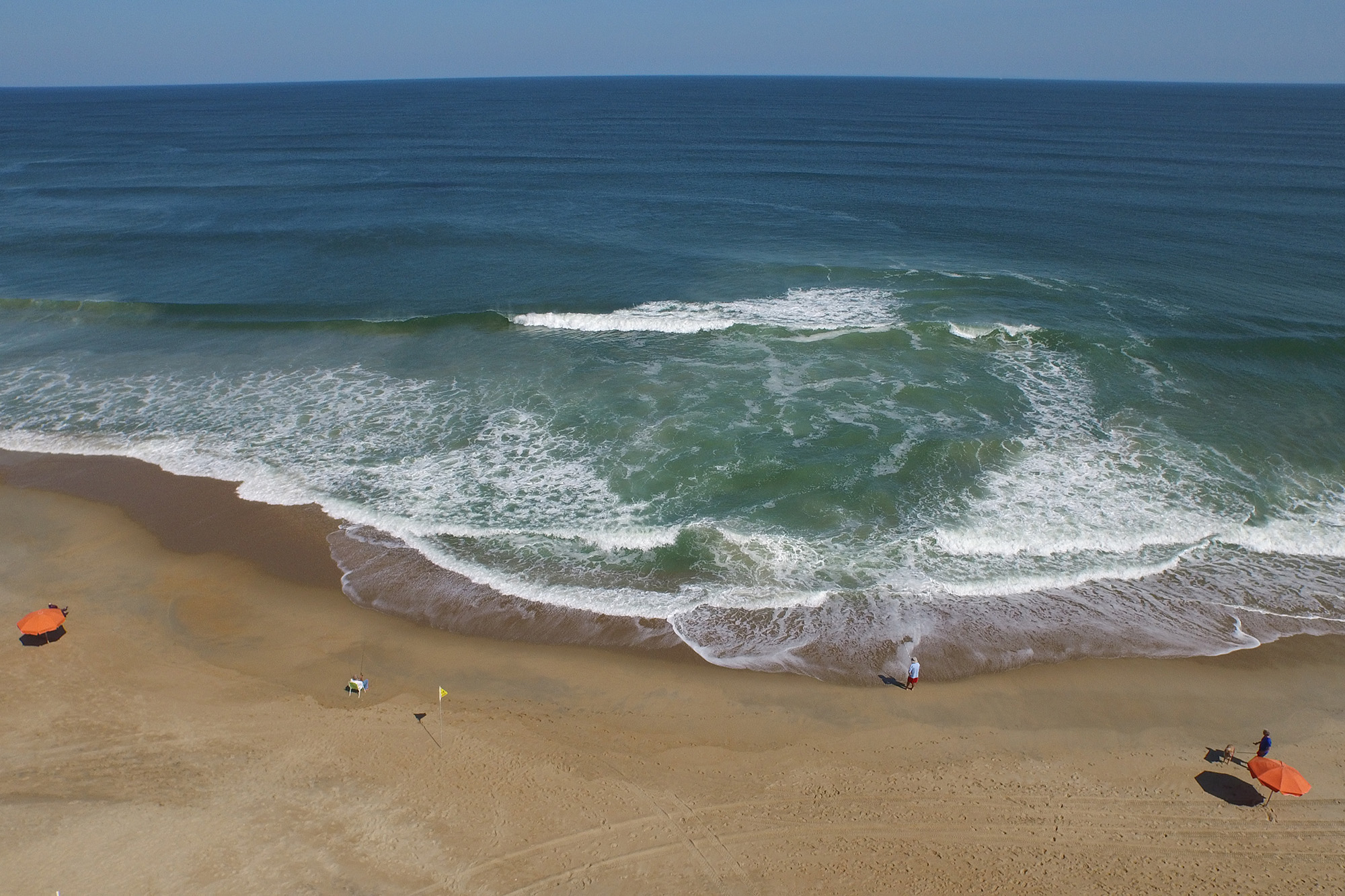
Research Labs
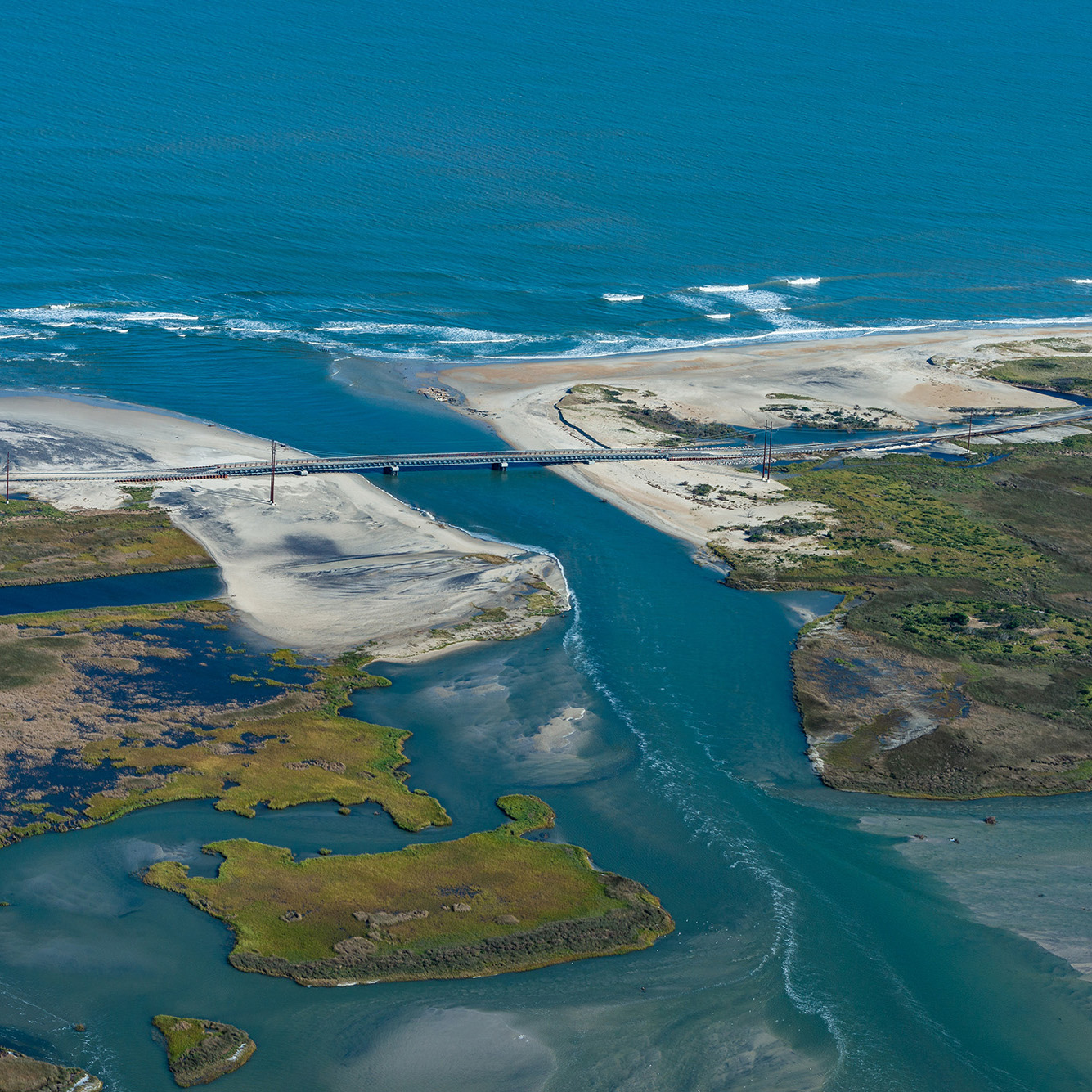
Marine Geochemistry & Coastal Dynamics
Lab
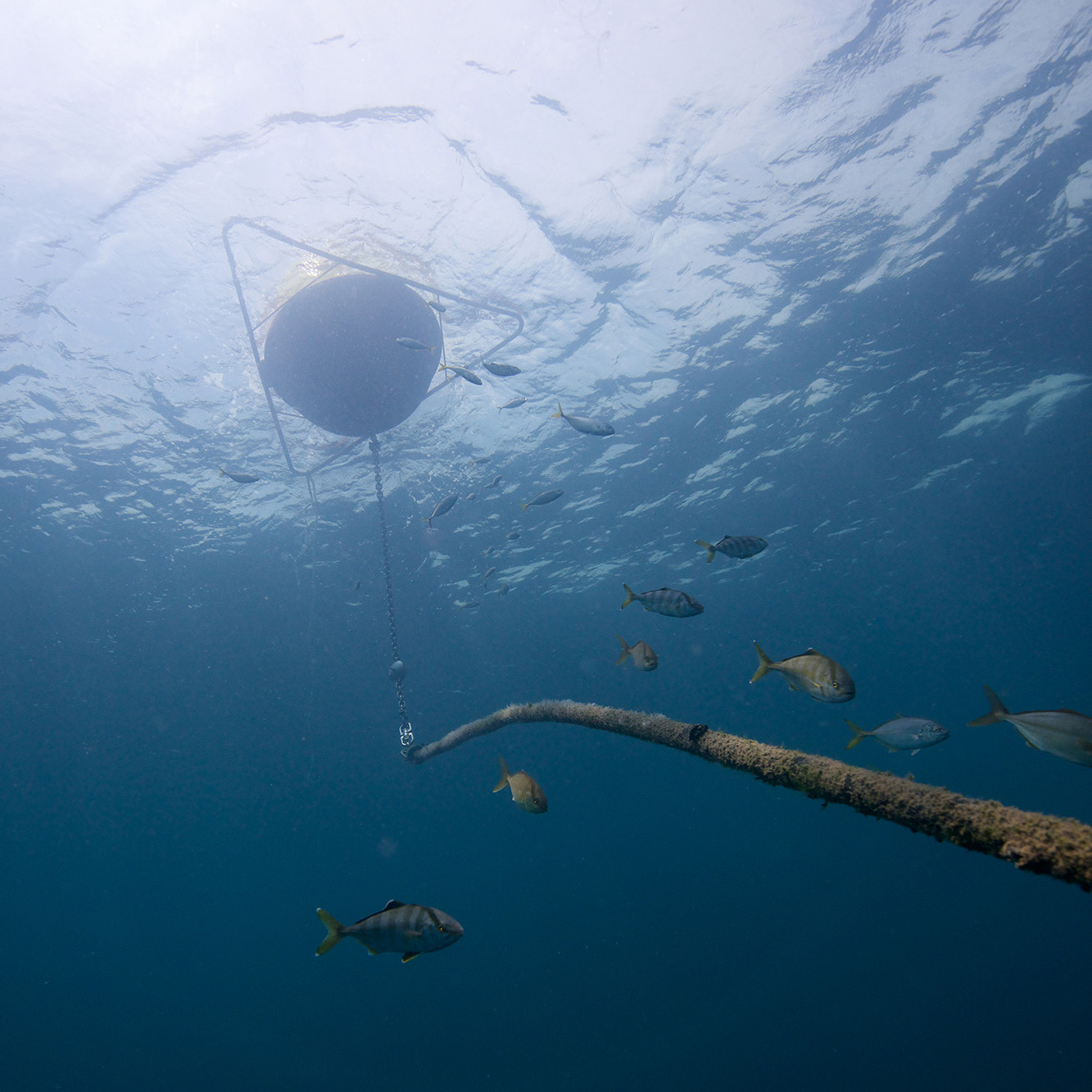
Oceanography & Marine Hydrokinetic Energy Ocean Lab
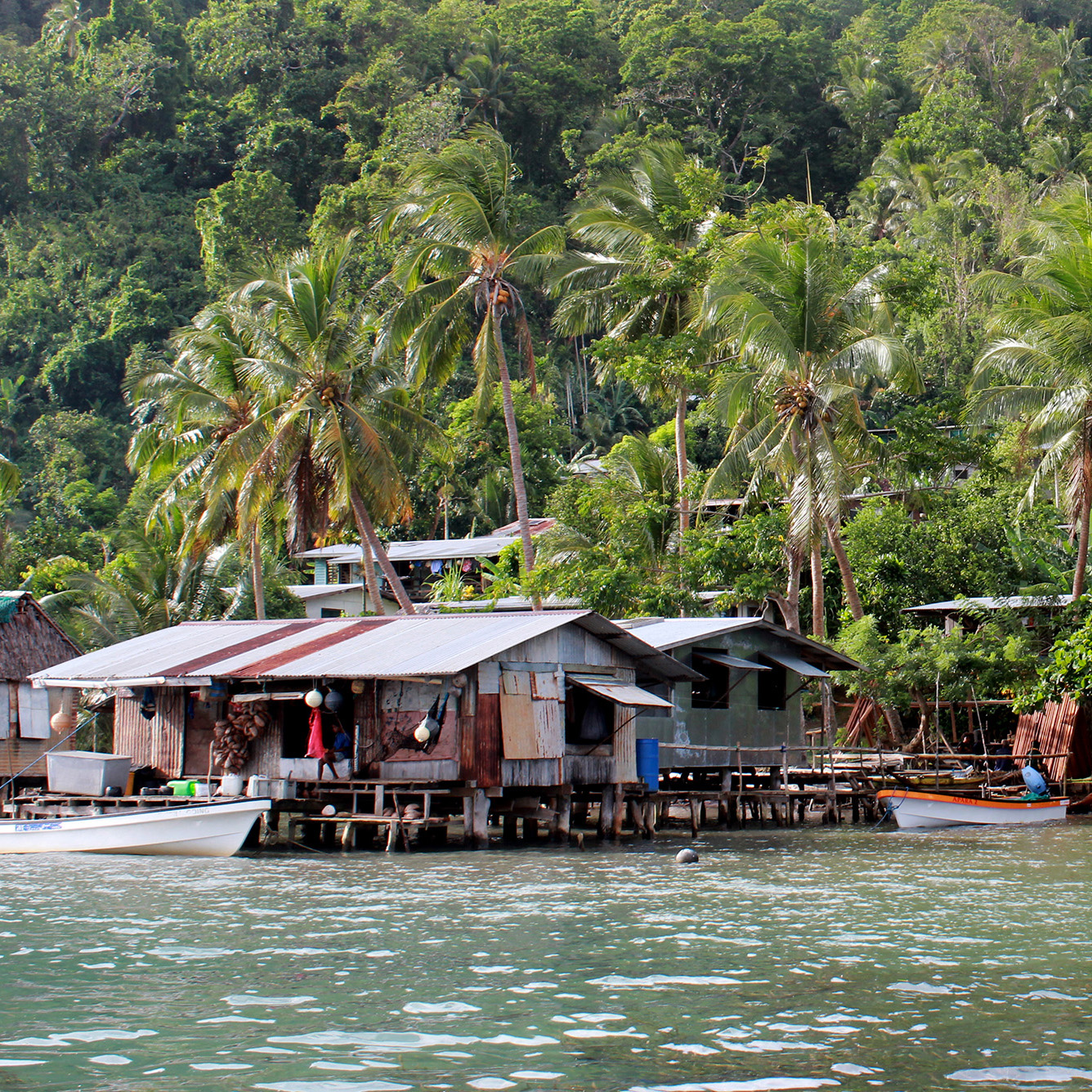
Coastal Engineering & Adaptation
Lab
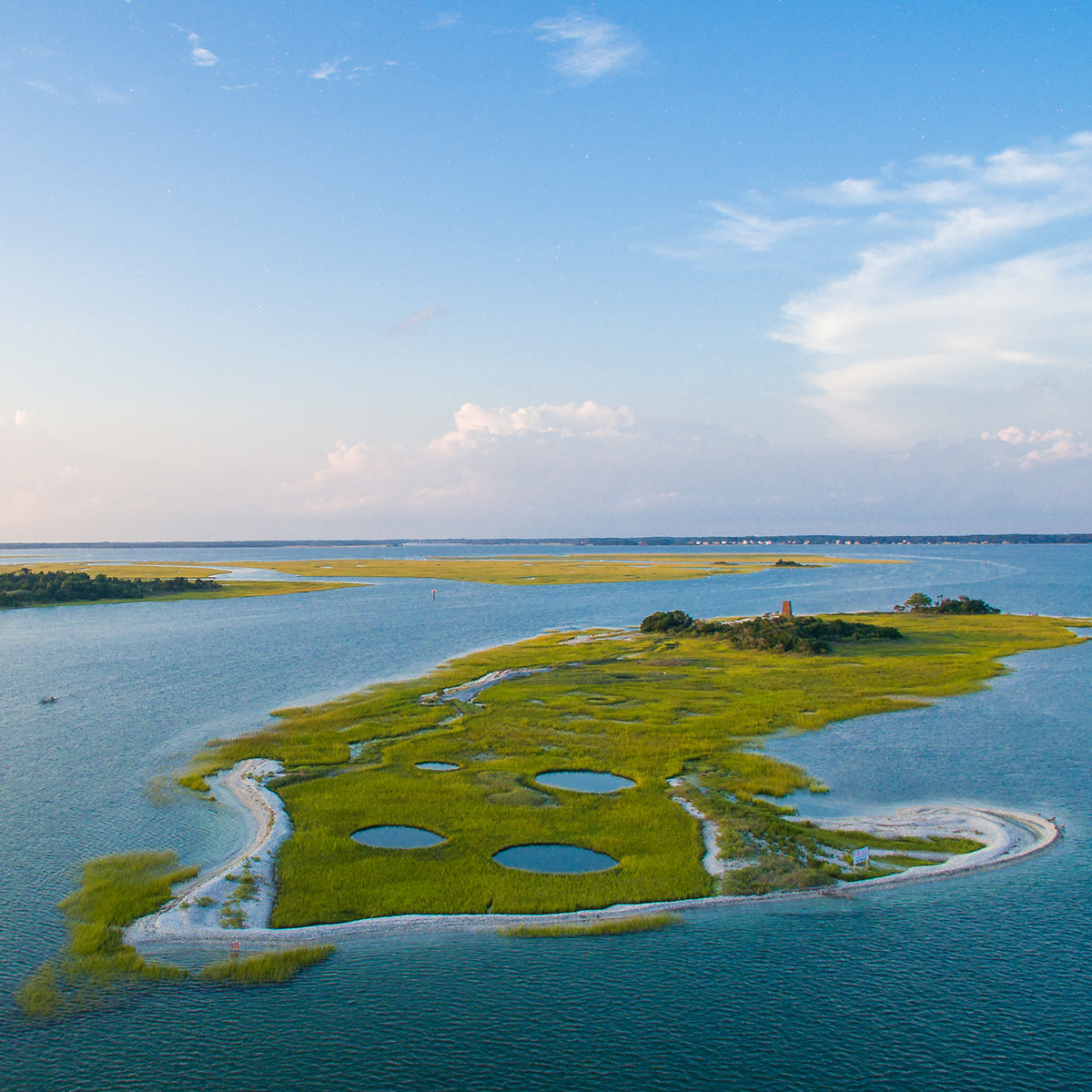
Coastal Marine Processes & Geomorphology Lab
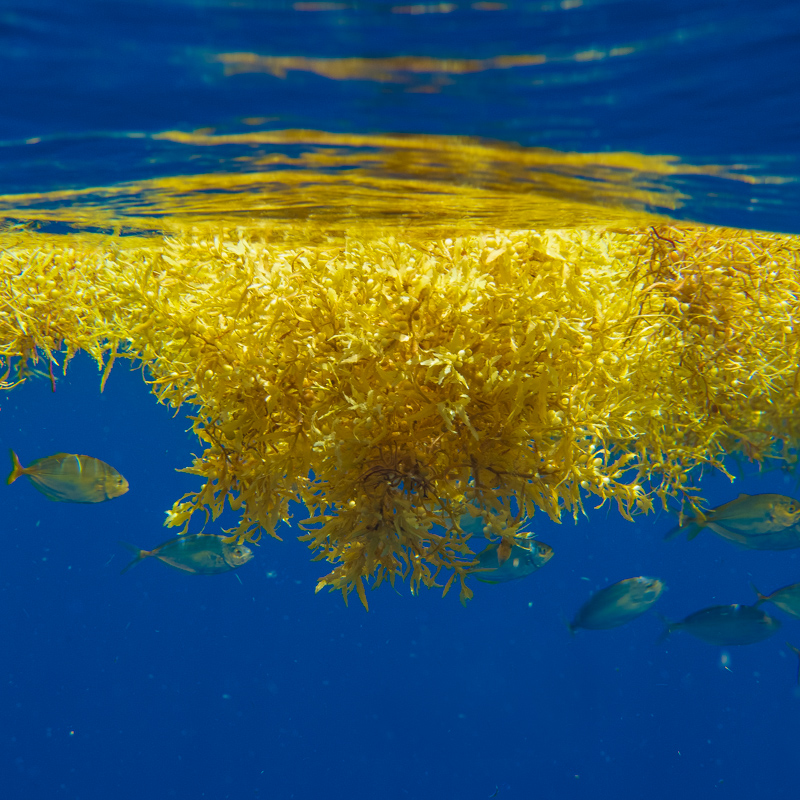
Ecology & Biogeochemistry
in Marine & Coastal
Systems Lab
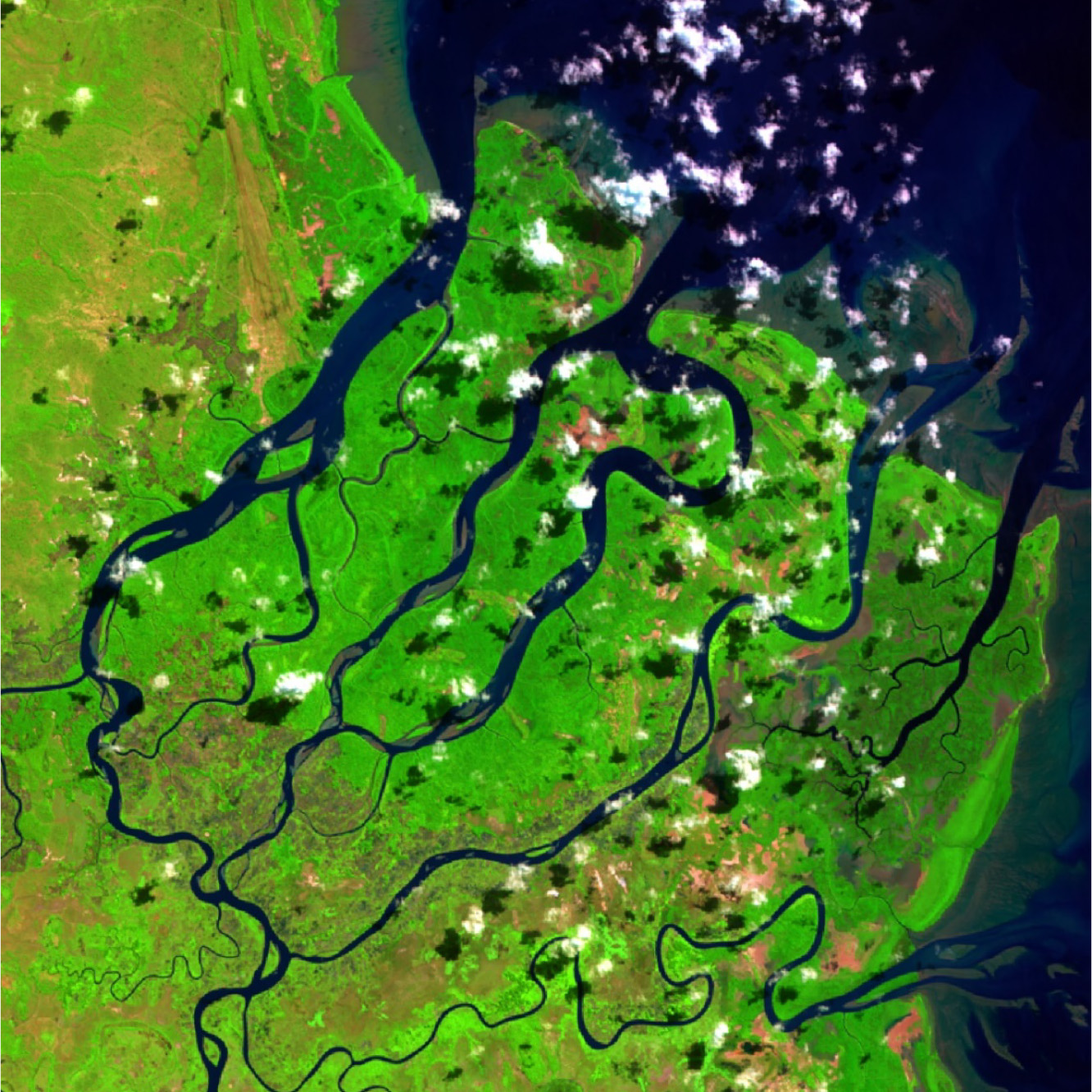
Coasts & Oceans Observing
Lab
News
The Midpoint: Moment, Memories, and More
Written by Lauren Colonair.Recently, my classmates and I have reached the midpoint of our semester at UNC’s Outer Banks Field Site. This year, due to COVID-19, the final half of the semester came earlier than we expected. It has been a strange experience with August...
Impacts of Oyster Leases in North Carolina Estuarine Systems: Habitat Creation through Sustainable Aquaculture
Written by Lauren Colonair.In January of 2020, Dr. Jim Morley, an Assistant Professor in the Department of Biology at East Carolina University, joined CSI as an Assistant Scientist. Morley brings unique and exciting perspectives to the team, as he is currently the...
Lagomasino Helps Categorize Mangroves by “Biophysical Typology”
Mangrove forests are one of the most important ecosystems in the world. They can store large amounts of carbon, provide coastal protection, serve as crucial habitat for many important fish species, and even support the tourism industry in some areas. Yet, despite...
Experiences of a NCROEP Intern
Written by Meagan Gates. I gaze out at the expanse of water before me, the white-capped waves deceptively calm from a distance. The sun shining in between the clouds makes the waves glisten brightly. I could never get used to seeing such a brilliant view. Honestly, I...
Intern Adventures at Cedar Island: A Day at Dr. Morley’s Field Site
Written by Lauren Colonair.Dr. Jim Morley, one of the newest researchers at CSI, is working on many interesting projects through Morley Marine Fisheries Ecology Lab. Morley’s research is a mix of ecological modeling and fieldwork, with a focus on...
People and Sediment: Environmental Change in Bangladesh
Written by Lauren Colonair.Scientific research using interdisciplinary methods is a fast-growing approach that integrates natural and social science into the pursuit of knowledge. A great example of this method is the work of Dr. Kimberly G....
Coming Soon: CSI Virtual Tour!
Written by Lauren Colonair. Over the past few months, the Public Engagement and Outreach team at the Coastal Studies Institute has been working to bring the experiences of CSI to the virtual realm. Before the era of social distancing, CSI provided many programs and...
Unprecedented Times: A Fresh Start During COVID-19
Written by Lauren Colonair.My journey with the UNC Institute for the Environment Outer Banks Field Site (OBXFS) program started three years ago, in a first-year environmental class. I cannot recall which class, or even which semester I was in when I heard the...
Land Conversion and Shoreline Erosion Battle for the Largest Contribution of Mangrove Loss
Dr. David Lagomasino, an ECU Department of Coastal Studies Assistant Professor and Assistant Scientist at CSI, has co-authored a recently published paper, “Global declines in human driven mangrove loss”, in the scientific journal Global Change Biology. Lagomasino,...
Tom Murphy, Education Champion and CSI Advocate
The faculty and staff of the Coastal Studies Institute (CSI) were saddened by the recent announcement of the loss of a local icon and long-time supporter of CSI, Rev. A. Tom Murphy Jr. Tom’s dedication to our community was evident in his 15-year ministry at Roanoke...

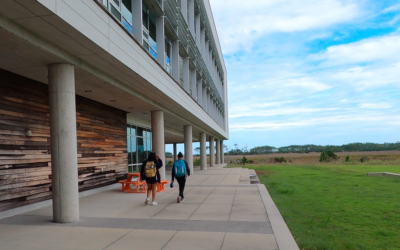
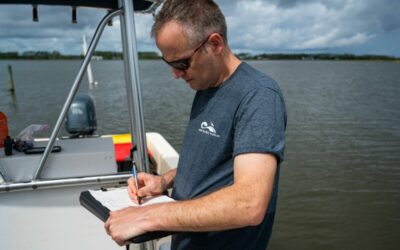
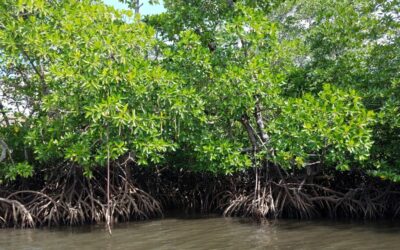
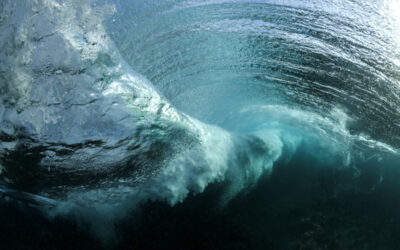
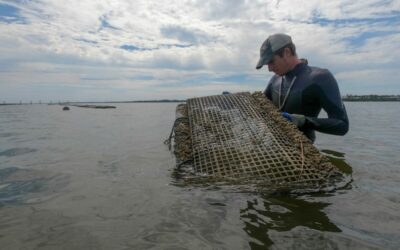
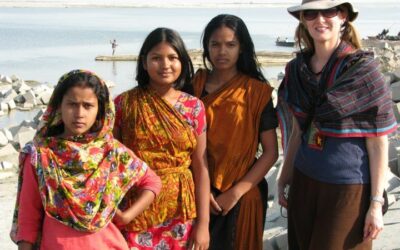
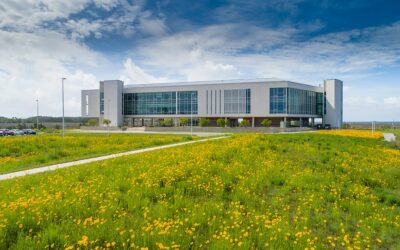
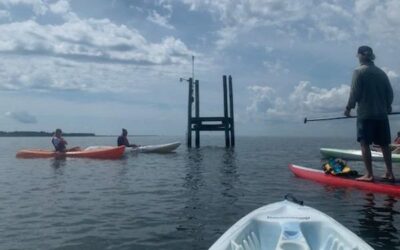
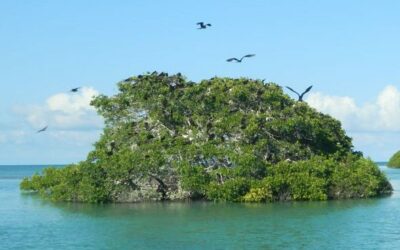


 Based at the Coastal Studies Institute (CSI), the North Carolina Renewable Ocean Energy Program (NCROEP) advances inter-disciplinary marine energy solutions across UNC System partner colleges of engineering at NC State University, UNC Charlotte, and NC A&T University. Click on the links below for more information.
Based at the Coastal Studies Institute (CSI), the North Carolina Renewable Ocean Energy Program (NCROEP) advances inter-disciplinary marine energy solutions across UNC System partner colleges of engineering at NC State University, UNC Charlotte, and NC A&T University. Click on the links below for more information. ECU's Integrated Coastal Programs (ECU ICP) is a leader in coastal and marine research, education, and engagement. ECU ICP includes the Coastal Studies Institute, ECU's Department of Coastal Studies, and ECU Diving and Water Safety.
ECU's Integrated Coastal Programs (ECU ICP) is a leader in coastal and marine research, education, and engagement. ECU ICP includes the Coastal Studies Institute, ECU's Department of Coastal Studies, and ECU Diving and Water Safety. The ECU Outer Banks campus is home to the Coastal Studies Institute.
The ECU Outer Banks campus is home to the Coastal Studies Institute.

